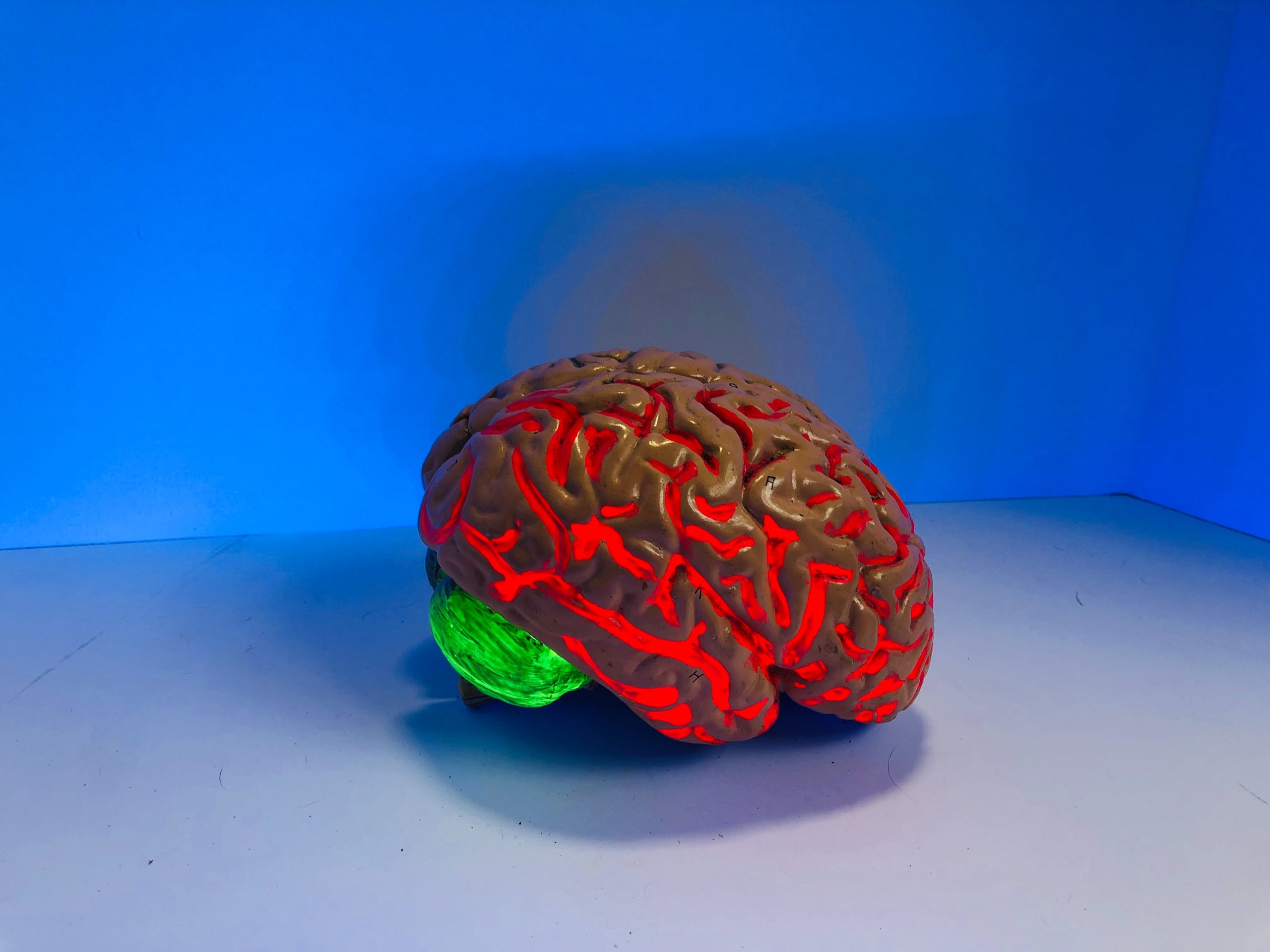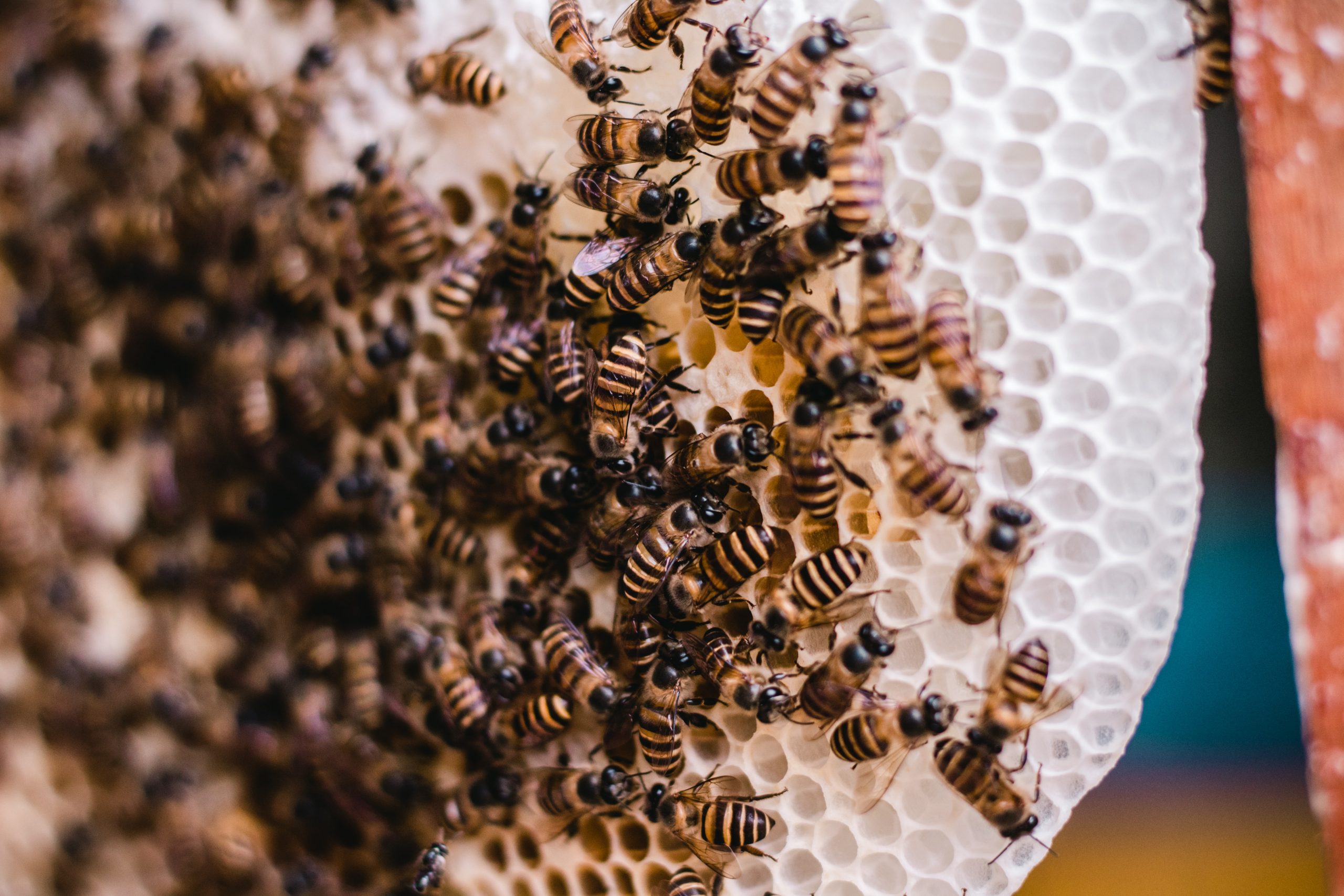
Manuel Lopes (hosted by Marc Toussaint): Optimal Behavior Without Optimal Rewards : Artificial Vs Natural
On ZOOM (Contact communication@scioi.de for link)Abstract: Research in robotics and A.I. aims at optimizing very specific task rewards. Intelligent animals have a high degree of curiosity, and recent results have shown that instrumental reward optimization is a poor explanation for their behavior. We can show that to explain empirical results from animals, we need to have the drive to optimize














